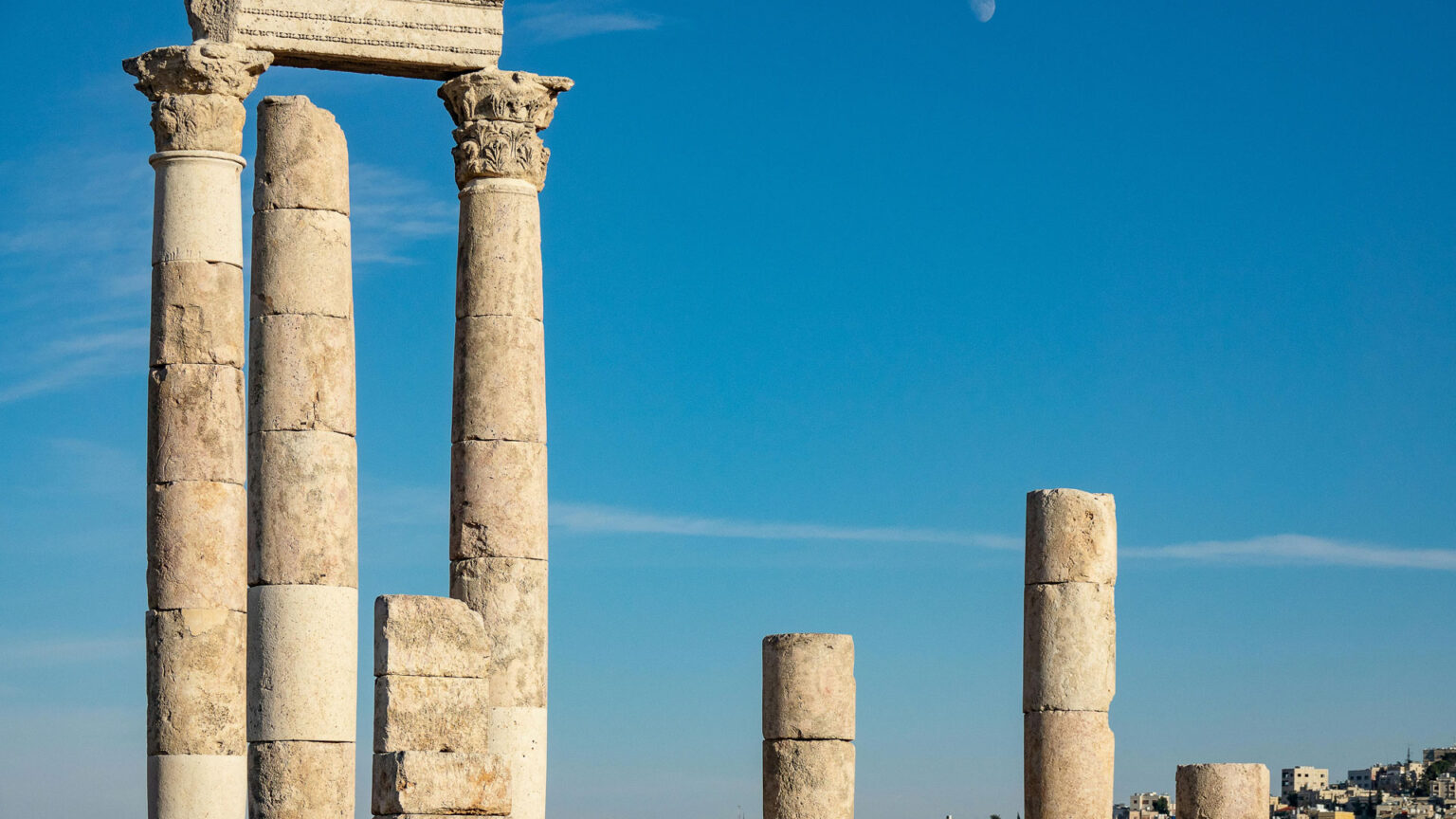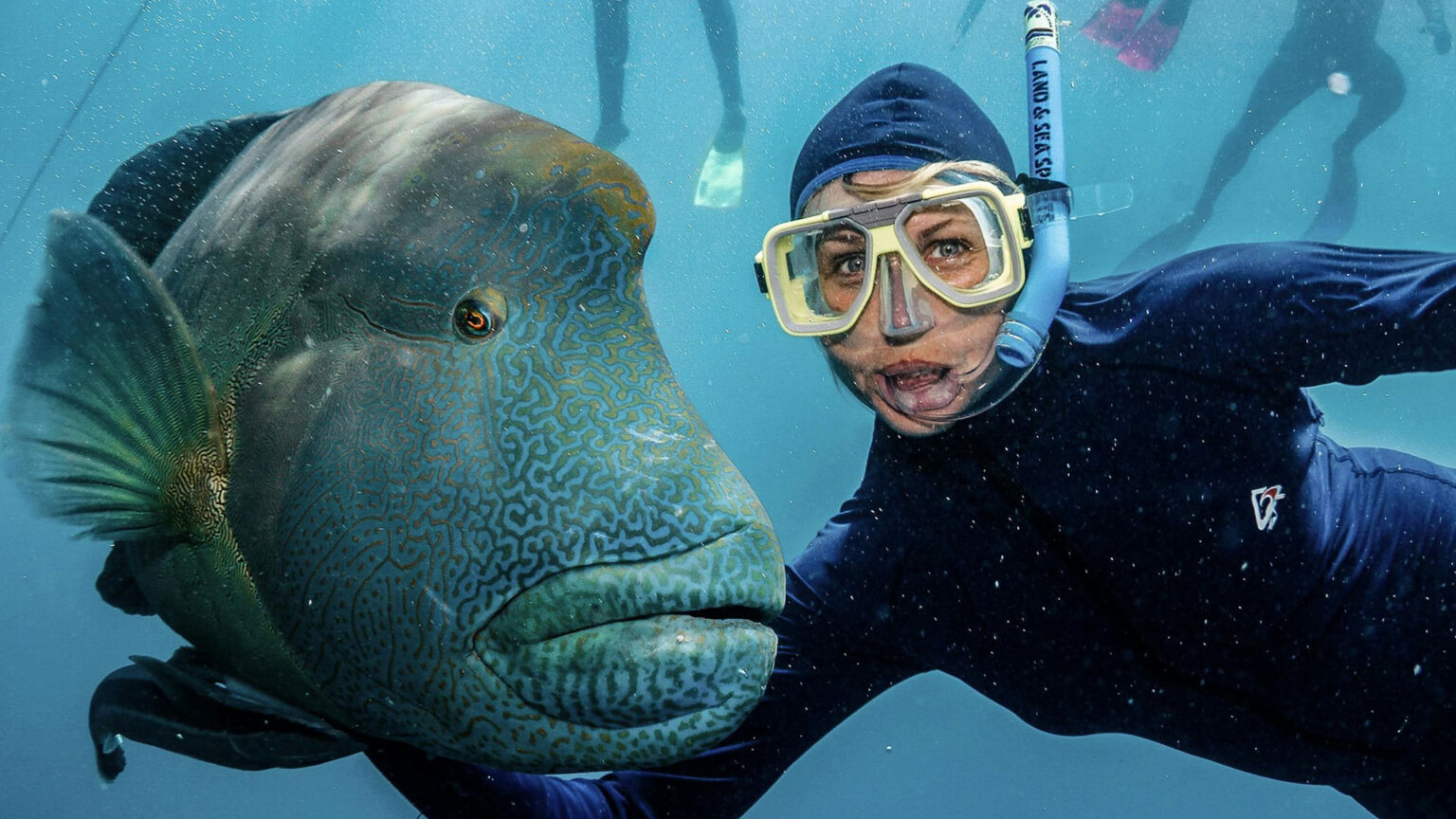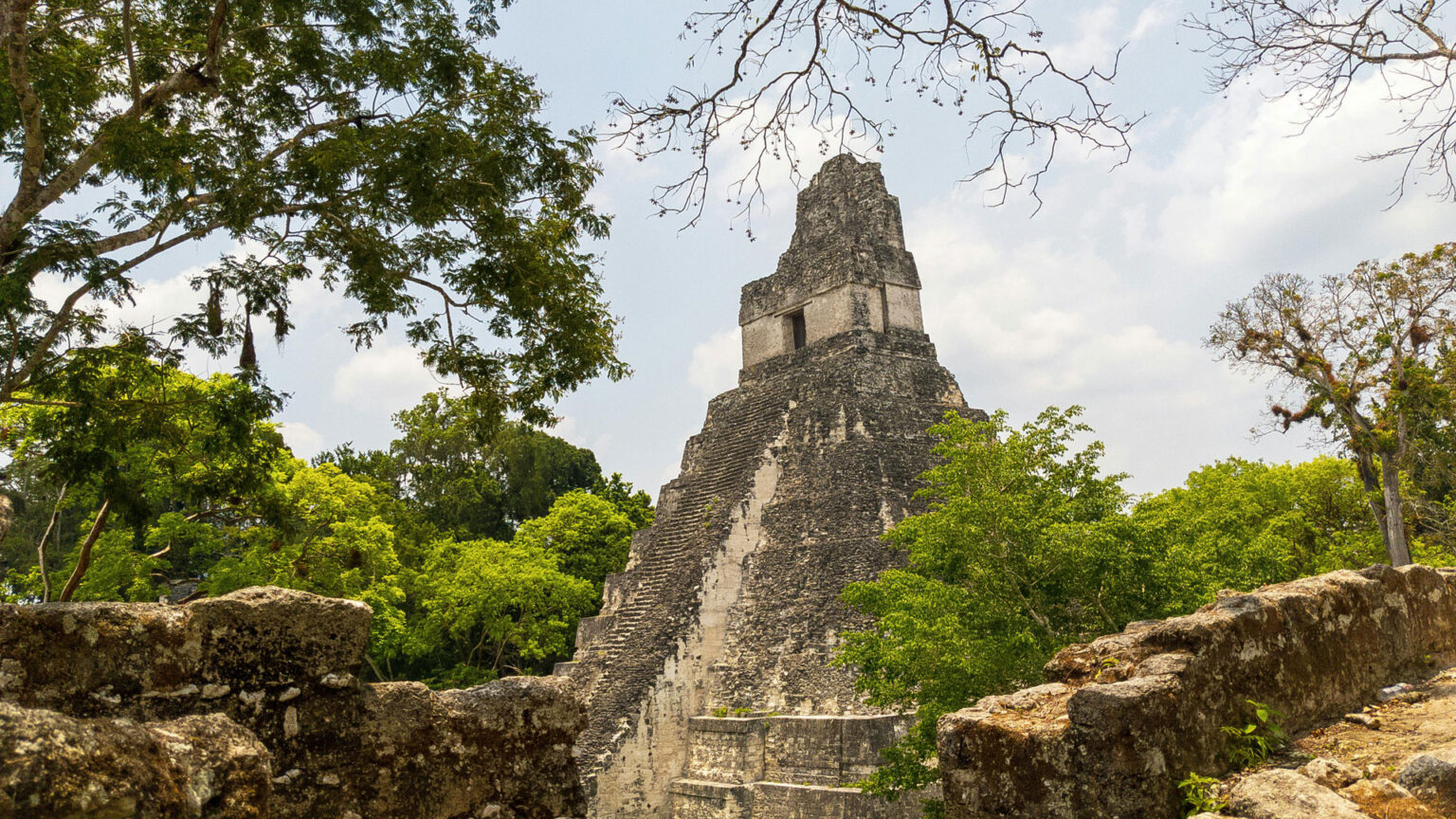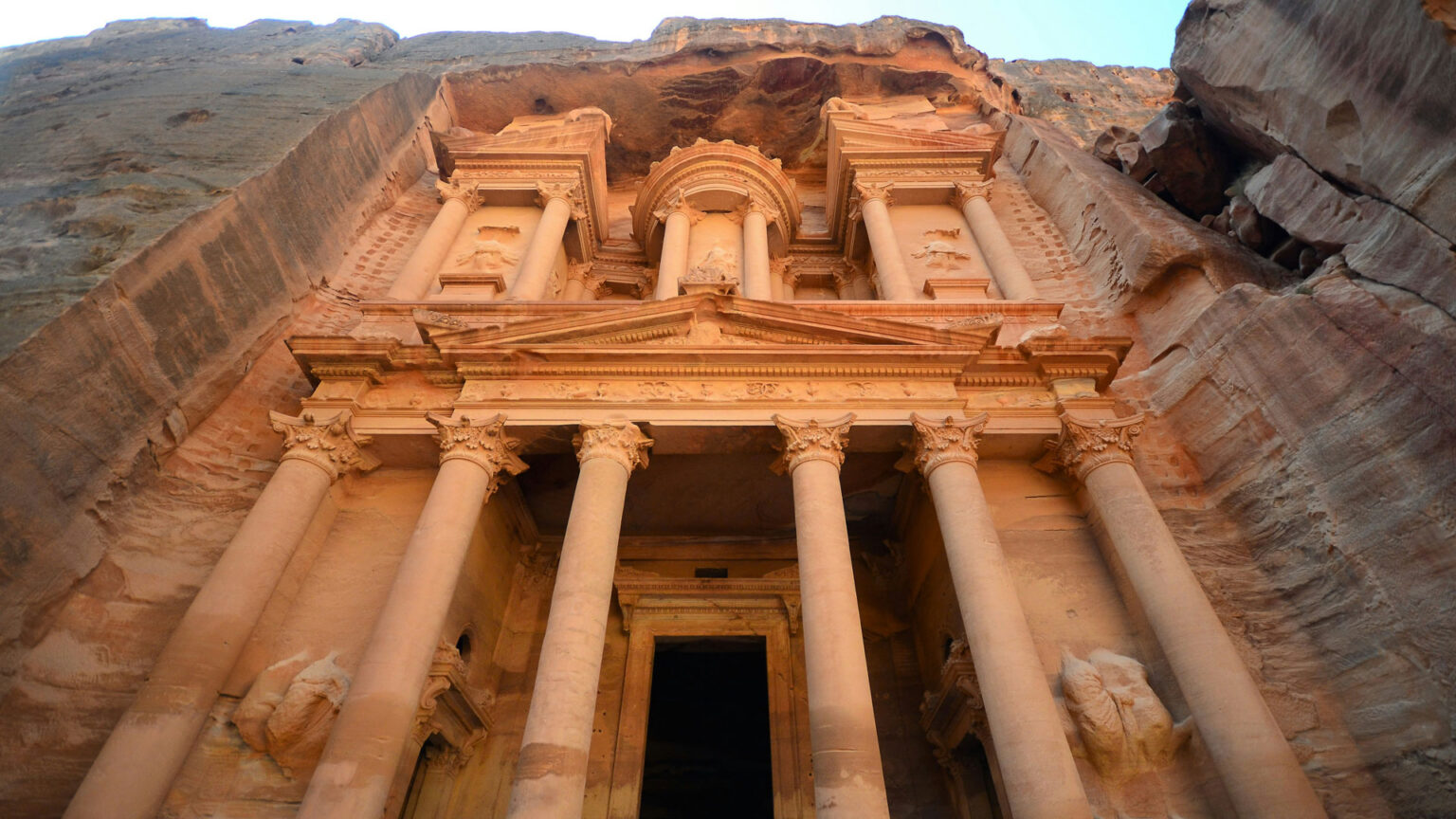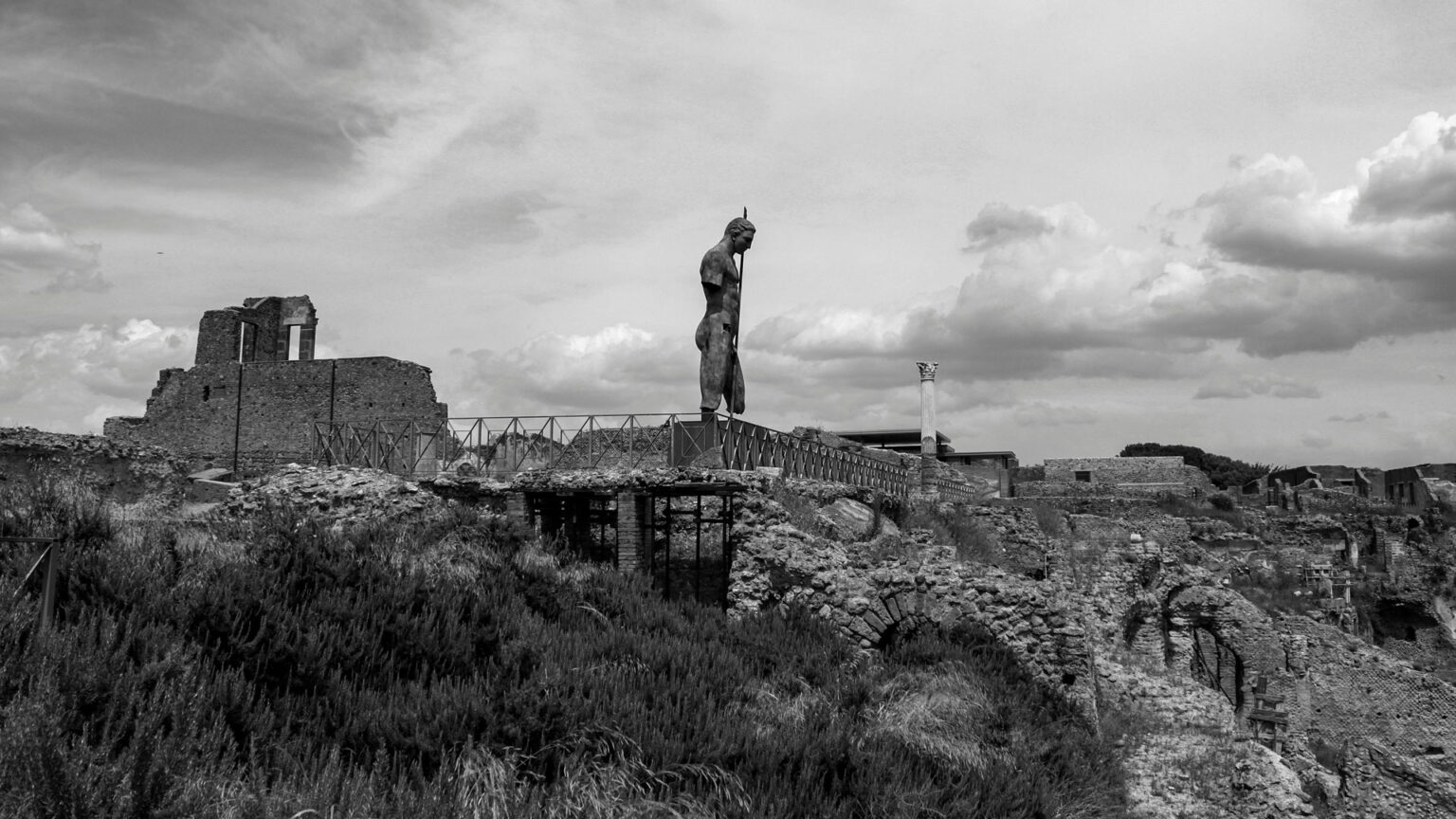Atlantis: Unveiling the Mythical City Beneath the Waves

For centuries, Atlantis has captivated human imagination, sparking debates and explorations among scholars, scientists, and enthusiasts. Described by the ancient Greek philosopher Plato, Atlantis was a powerful and advanced civilization that thrived in the distant past, only to vanish into the depths of the ocean. This enigmatic city has become a cultural phenomenon, inspiring countless literary and artistic works, from Francis Bacon’s utopian novel “New Atlantis” to Disney’s animated film “Atlantis: The Lost Empire”. The allure of Atlantis lies in its blend of historical intrigue, scientific mystery, and philosophical depth, beckoning us to unravel its secrets.
The myth of Atlantis has endured for millennia, captivating scholars, scientists, and enthusiasts alike. But why does this legend continue to resonate with us today? What secrets lie hidden beneath the waves, waiting to be uncovered? Perhaps it’s the promise of uncovering a lost civilization, one that possessed knowledge and wisdom far beyond our own. Or perhaps it’s the haunting reminder of the transience of human achievement, the fragility of even the greatest empires. Whatever the reason, Atlantis remains an eternal source of fascination, inspiring new generations to explore its mysteries.
As we delve into the legend of Atlantis, we find ourselves confronting fundamental questions about human civilization, technological advancement, and the fragile balance between nature and society. Was Atlantis a real place, lost to the sands of time? Or is it a metaphorical reflection of our own fears and aspirations? Did Plato’s account draw from actual historical events, or was it a philosophical thought experiment? The search for answers takes us on a journey through ancient texts, historical theories, and cultural interpretations, each shedding new light on the enigma of Atlantis.
In this exploration, we will navigate the ancient texts, historical theories, and cultural interpretations surrounding Atlantis. We will examine Plato’s dialogues, Timaeus and Critias, which provide the only surviving accounts of Atlantis. We will investigate the various theories proposed by scholars, from the Mediterranean to the Americas, and evaluate the evidence for and against each. Join us on this journey to uncover the truth behind the legend of Atlantis, and discover why this mythical city remains an eternal source of fascination.
The Origins of Atlantis

The legend of Atlantis has captivated human imagination for centuries, sparking debates and explorations among scholars, scientists, and enthusiasts. This eternal fascination stems from the enigmatic city’s blend of historical intrigue, scientific mystery, and philosophical depth. As we delve into the origins of Atlantis, we uncover a rich tapestry of myth, history, and speculation. The city’s mystique has inspired countless literary and artistic works, from Francis Bacon’s utopian novel “New Atlantis” to Disney’s animated film “Atlantis: The Lost Empire”. This enduring appeal underscores the significance of Atlantis as a cultural touchstone.
Plato’s Account: Timaeus and Critias
In Plato’s dialogues, Timaeus and Critias, Atlantis is described as a powerful and advanced civilization that thrived in the distant past. According to Plato, Atlantis was founded by Poseidon, the god of the sea, who fell in love with a mortal woman named Cleito. The city was said to be located beyond the “Pillars of Hercules” (Strait of Gibraltar), in the Atlantic Ocean. Plato’s account provides vivid details about Atlantis’s architecture, politics, and culture, painting a picture of a highly advanced and prosperous society. The city’s sophisticated infrastructure, including advanced irrigation systems and impressive architecture, demonstrates Plato’s vision of an ideal society.
Historical Context
Plato’s account of Atlantis was written around 360 BCE, a time of great philosophical and cultural transformation in ancient Greece. The myth of Atlantis may have been inspired by real events, such as the destruction of the Minoan civilization on the island of Crete, which was devastated by a massive volcanic eruption around 1500 BCE. This catastrophic event may have sparked Plato’s imagination, leading him to create a mythical city that embodied both the achievements and vulnerabilities of human civilization. Additionally, Plato’s experiences in Syracuse and Egypt may have influenced his depiction of Atlantis as a powerful, cosmopolitan city.
Ancient Civilizations’ Connections
The myth of Atlantis has been linked to various ancient civilizations, including:
- The Minoans: Their advanced civilization and devastating downfall may have inspired Plato’s account. Similarities between Minoan and Atlantean cultures, such as the emphasis on maritime trade and sophisticated architecture, support this connection. The Minoans’ impressive palace complexes, such as Knossos, demonstrate architectural parallels with Plato’s description of Atlantis.
- The Egyptians: Plato’s description of Atlantis bears similarities to Egyptian architecture and culture. The pyramidal structures and sophisticated irrigation systems described in Plato’s account echo the grandeur of ancient Egyptian civilization. Egyptian mythology also features a lost city, “Zerzura”, which shares parallels with Atlantis.
- The Greeks: Atlantis may have been a mythical representation of the Greeks’ own fears and aspirations. Plato’s dialogues often explored the tensions between nature and human society, and Atlantis serves as a cautionary tale about the dangers of hubris and the transience of human achievement.
The Significance of Atlantis
The legend of Atlantis serves as a cautionary tale about the dangers of hubris and the transience of human achievement. It also highlights the importance of understanding and respecting the natural world. Through Atlantis, Plato invites us to reflect on our own values and priorities, encouraging us to strive for balance and wisdom in our pursuit of knowledge and power. Moreover, Atlantis represents a timeless symbol of human aspiration, inspiring generations to imagine and strive for a better world.
Atlantis: Descriptions of Atlantis: Unveiling the Mythical City

In Plato’s dialogues, Timaeus and Critias, Atlantis is vividly described as a place of breathtaking beauty and advanced civilization. This depiction has captivated scholars and imagination-seekers for centuries, inspiring numerous interpretations and theories. As we delve into the descriptions of Atlantis, we uncover a fascinating world that blends mythology, philosophy, and history.
Geography and Architecture
According to Plato, Atlantis was located beyond the “Pillars of Hercules” (Strait of Gibraltar), in the Atlantic Ocean. The city’s unique geography featured a series of concentric islands, with three concentric rings of water and land. At the center of the city lay the Temple of Poseidon, a magnificent structure dedicated to the god of the sea. This temple served as the spiritual heart of Atlantis, symbolizing the city’s connection to the divine.
Atlantis’s architecture was characterized by:
- Grand temples and public buildings: These structures showcased the city’s engineering prowess and artistic flair.
- Sophisticated irrigation systems: Atlantis harnessed water from natural springs and rivers, demonstrating advanced hydrological knowledge.
- Advanced bridges and canals: The city’s intricate network of waterways facilitated trade, commerce, and communication.
- Impressive walls and fortifications: Atlantis’s defenses protected its citizens from external threats.
The city’s design reflected its advanced engineering and architectural expertise, harmoniously blending form and function.
Advanced Technology and Innovations
Atlantis was renowned for its cutting-edge technology and innovations:
- Advanced metallurgy: Atlantis possessed knowledge of exotic metals, including orichalcum, a prized metal prized for its strength and beauty.
- Sophisticated irrigation systems: Atlantis harnessed water from natural springs and rivers, ensuring a stable food supply.
- Advanced navigation: Atlantis possessed expertise in maritime navigation and exploration, facilitating global trade.
- Innovative architecture: Atlantis’s buildings were designed to withstand natural disasters.
These technological advancements enabled Atlantis to thrive, making it a beacon of progress.
Social Structure and Governance
Atlantis’s social structure was divided into:
- The Royal Family: Descendants of Poseidon and Cleito, who ruled the city.
- The Priesthood: Responsible for spiritual and philosophical guidance.
- The Nobility: Aristocrats who governed the city.
- The Commoners: Artisans, merchants, and laborers.
The city was governed by a council of wise elders, chosen for their wisdom and integrity. This council ensured the well-being of citizens.
The Downfall of Atlantis
Despite its advancements, Atlantis was eventually lost to the depths of the ocean due to:
- Corruption and greed: The city’s rulers became consumed by power.
- Natural disasters: Earthquakes and floods weakened the city.
- Divine retribution: The gods punished Atlantis for its hubris.
The myth of Atlantis serves as a cautionary tale about the dangers of hubris.
Atlantis: Theories and Speculations on Atlantis

The search for Atlantis has sparked numerous theories and speculations across the globe, captivating scholars, researchers, and imagination-seekers alike. This section delves into potential locations of Atlantis, examining historical, geographical, and cultural connections that have fueled the ongoing quest for this mythical city.
Mediterranean Sea: Santorini and Malta
Atlantis’s description as a powerful naval empire has led researchers to consider the Mediterranean Sea as a possible location. Santorini, Greece, and Malta have been proposed as potential sites due to their:
- Geological similarities: Volcanic activity and island landscapes that mirror Plato’s account.
- Historical significance: Ancient civilizations, such as the Minoans and Phoenicians, flourished in these regions.
- Cultural connections: Shared mythological and architectural elements between Atlantis and Mediterranean cultures.
Santorini’s devastating volcanic eruption around 1600 BCE has been linked to Atlantis’s downfall. Malta’s ancient temples, such as Mnajdra and Hagar Qim, showcase architectural similarities with Atlantis’s described structures.
Atlantic Ocean: Azores and Canary Islands
Beyond the Mediterranean, the Atlantic Ocean has also been explored for Atlantis’s remains. The Azores and Canary Islands have garnered attention due to:
- Geographical matches: Island chains and underwater landscapes that align with Plato’s descriptions.
- Historical records: Ancient explorers, like the Phoenicians and Carthaginians, navigated these waters.
- Cultural echoes: Pre-Columbian civilizations in the Americas exhibit similarities with Atlantic Island cultures.
The Azores’ unique geology and underwater features have sparked speculation about hidden ruins. The Canary Islands’ Guanche culture shares mythological parallels with Atlantis.
North Africa: Morocco and Tunisia
Atlantis’s connection to Africa has led researchers to investigate Morocco and Tunisia. These regions boast:
- Ancient civilizations: Carthage and the Phoenicians left lasting legacies.
- Geographical features: Coastlines and underwater ruins that match Plato’s account.
- Cultural heritage: Islamic and Mediterranean influences blend in North African cultures.
Morocco’s Richat Structure, a vast geological formation, has been linked to Atlantis’s circular city design. Tunisia’s ancient city of Carthage shares historical and cultural ties with the mythical city.
South America: Bolivia and Brazil
Some theories suggest Atlantis lies in South America, specifically in Bolivia and Brazil. These regions exhibit:
- Geological similarities: Andean mountain ranges and Amazonian landscapes that mirror Plato’s descriptions.
- Cultural connections: Pre-Columbian civilizations, like the Tiwanaku and Inca, share mythological parallels.
- Historical records: Spanish and Portuguese explorations uncovered ancient ruins.
Bolivia’s Lake Titicaca has been proposed as Atlantis’s location due to its unique geology and cultural significance. Brazil’s Amazonian region has sparked speculation about hidden cities.
Conclusion
Theories on Atlantis’s location abound, reflecting our enduring fascination with this mythical city. While none have been proven conclusively, each region offers intriguing clues that fuel ongoing research and debate.
Atlantis: Cultural Impact and Legacy of Atlantis

Atlantis’s myth has captivated human imagination, influencing various aspects of culture, from literature and art to film, television, and scientific endeavors. This timeless allure stems from the city’s enigmatic nature, sparking creativity and inspiring generations.
Literature and Art
Atlantis has inspired countless literary and artistic works, reflecting its profound impact on Western culture.
Literary interpretations:
- Francis Bacon’s “New Atlantis” (1627) – A utopian novel envisioning a scientific society, where knowledge and innovation thrive.
- Jules Verne’s “Twenty Thousand Leagues Under the Sea” (1870) – A science fiction classic referencing Atlantis, exploring oceanic mysteries.
- H.P. Lovecraft’s “The Call of Cthulhu” (1928) – A horror story incorporating Atlantis mythology, delving into cosmic terror.
Artistic interpretations:
- Paintings by Athanasius Kircher (17th century) – Depicting Atlantis as a mystical place, blending myth and geography.
- Sculptures by Jean-Antoine Watteau (18th century) – Inspired by Atlantis’s mythological architecture, reimagining ancient grandeur.
Notable authors and artists have drawn inspiration from Atlantis’s myth, reflecting its enduring presence in our collective imagination.
Film and Television
Atlantis has been featured in numerous films and TV shows, captivating audiences worldwide.
Film adaptations:
- “Atlantis: The Lost Empire” (2001) – Disney’s animated adventure film, reimagining Atlantis’s discovery.
- “The Atlantis Code” (2010) – A documentary exploring Atlantis’s historical connections.
TV series:
- “Stargate: Atlantis” (2004-2009) – Sci-fi TV series exploring Atlantis’s technological legacy.
- “Atlantis” (2013-2015) – BBC One’s fantasy-adventure series reimagining the myth.
These screen adaptations demonstrate Atlantis’s versatility, appealing to diverse audiences.
Scientific Inspirations
Atlantis’s legend has influenced scientific pursuits, driving innovation and exploration.
Oceanographic and archaeological research:
- Exploring underwater ruins and lost cities, seeking Atlantis’s remnants.
- Investigating ancient civilizations’ technological achievements.
Renewable energy and sustainable architecture:
- Inspired by Atlantis’s advanced technology, innovators develop eco-friendly solutions.
- Designing sustainable cities, echoing Atlantis’s mythical harmony.
Astrobiology and exoplanetary research:
- Searching for life beyond Earth, echoing Atlantis’s mythical connections.
- Exploring celestial bodies, seeking answers to humanity’s existence.
Atlantis’s scientific impact highlights its role in shaping human curiosity.
Conclusion
Atlantis’s cultural impact and legacy demonstrate the enduring allure of this mythical city. Its influence on literature, art, film, television, and science continues to inspire imagination and innovation, cementing its place in human culture.
Conclusion: Unveiling the Enduring Legacy of Atlantis
In conclusion, our exploration of Atlantis has unveiled the depth and richness of this ancient myth. From Plato’s dialogues to modern-day interpretations, Atlantis’s significance extends beyond its historical context.
Recap of Key Points
- Atlantis’s origins in Plato’s Timaeus and Critias dialogues.
- Descriptions of the city’s advanced technology and innovative architecture.
- Theories and speculations on Atlantis’s location, from the Mediterranean to the Americas.
- Cultural impact on literature, art, film, television, and scientific endeavors.
Reflection on Atlantis’ Significance
Atlantis represents:
- Human ingenuity and innovation.
- The power of myth and imagination.
- Our enduring fascination with the unknown.
Atlantis’s legacy serves as:
- A cautionary tale about hubris and downfall.
- Inspiration for scientific discovery and exploration.
- A symbol of human potential and achievement.
Final Thoughts
As we conclude our journey through the myth of Atlantis, we are reminded of the profound impact of this timeless tale. Atlantis continues to captivate our imagination, inspiring new generations to explore, innovate, and push the boundaries of human knowledge.
In the words of Plato:
“The story of Atlantis is a reminder that our civilization is not immune to decline and fall.”
May the legend of Atlantis continue to inspire and guide us toward a brighter future.

